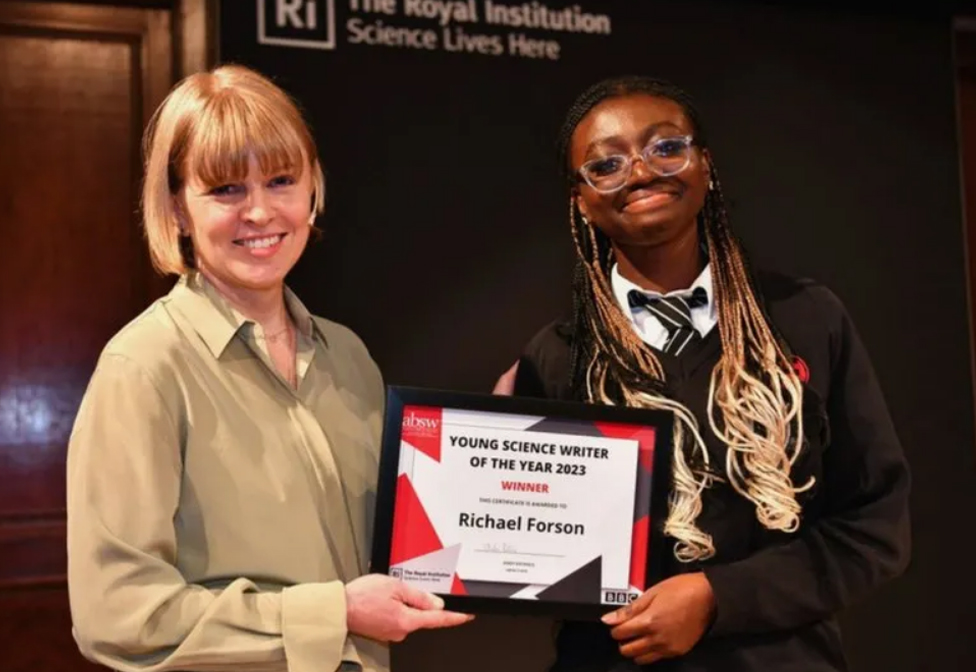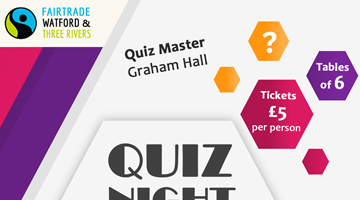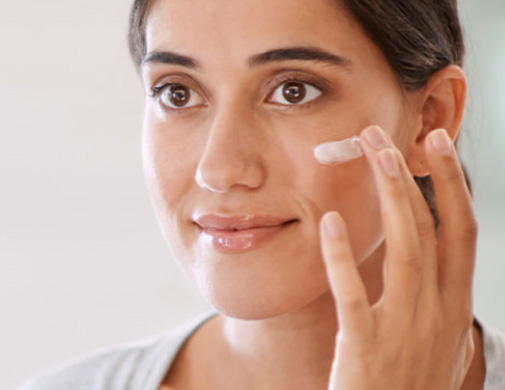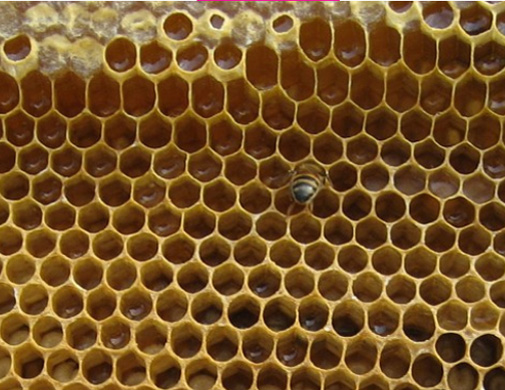Welcome to Fairtrade Watford & Three Rivers
Watford was declared a Fairtrade Town in 2007, joining hundreds of other Towns and Cities across the UK in a commitment to raise public awareness and participation with the sale of Fairtrade goods.
Three Rivers became a Fairtrade District in February 2008. The District includes the communities of Abbots Langley, Chorleywood, Croxley Green, Moor Park, Rickmansworth and South Oxhey.
Buying Fairtrade Products
This year when you go out to buy that Christmas Gift bring some sunshine into the life of the person Africa, India or South America who worked so hard to produce it. Watford is a Fairtrade Town supported by very many stores including Greggs, The Co-Op, Tesco. M&S and over 12 shops in INTU Watford. You can buy Fairtrade Products Online from Traidcraft Online Shop.How can you help?
Simply by buying a Fairtrade branded version of that bracelet, chocolate or dress When you buy a Fairtrade branded product you can be happy knowing that the producer got a fair price and that your purchase will yield a premium which will be used to improve the quality of life for the families and communities in producer country.Traidcraft is a pioneer of the fair trade movement and offers the UK's widest range of fair trade food, craft and textile products from over 100 producer groups in over 30 countries, click here to view detail.
Watford - Traidcraft stalls in churches can be found from info@watfordfairtrade.org.
Three Rivers - You can buy Traidcraft items in Three Rivers from fairtradegroup@ntlworld.com.

Fairtrade Dinner at West Herts College Restaurant
40 supporters enjoyed a great Fairtrade Dinner at West Herts College Restaurant on Tuesday 17th September. Andy Wakeford, Head of Training at the Restaurant, Head Chef Pedro and Staff members Liz and Marie supervised Year Two Students in cooking and serving the Dinner. A Prize Draw of Fairtrade products saw a wide variety of Fairtrade food and Fairtrade drinks won by diners and studebts. Photos show Chair of Watford Council Cllr Dawn Allen-Williamson with members of the Fairtrade Steering Group and guests. It was an excellent event and enjoyed by all.
Fairtrade could help tackle exploitation in UK factories and farms, new boss says
Eleanor Harrison, who in March takes the reins of the group behind the Fairtrade mark which appears on products in shops, has said it could “offer solutions” in advising the UK government on protecting workers.
"The UK government needs to grow productivity, we read that maybe too often in the press. Fairtrade can enable them to do that as exploitation in the supply chain has moved from a myriad of developing countries, closer to home making consumers say I don’t feel comfortable with that," Harrison said.
Read More

12 March 2025
Watford Marks 30th Anniversary of Fairtrade Foundation
Watford Borough Council marked a special occasion at its Full Council meeting, celebrating the 30th anniversary of the Fairtrade Foundation. This significant milestone was recognised by both the Elected Mayor of Watford and the Chair of Watford Fairtrade Group.
Download Press ReleaseSainsbury’s’ black tea will now be Fairtrade!
We have been brewing something very exciting with our long-standing partner Sainsbury’s and can announce today that all of their own brand ‘by Sainsbury’s’ black tea will now be Fairtrade!
“We’re very excited today by Sainsbury’s announcement that it will convert all ‘by Sainsbury’s’ black tea to Fairtrade. Sainsbury’s will also now pay the people who pick and grow tea for the range an estimated £1,000,000 in Fairtrade Premium annually. The move means they can make a huge impact for their families and for wider communities.”
View Detail
Fairtrade Stores
NEWS

Your chocolate bar - my family's struggle
In her award-winning essay, young British science writer Richael Forson delves into the human struggle and environmental crisis that her parents and grandparents faced in their efforts to grow cocoa on a small farm in Ghana. The 15-year-old winner of the 2023 Association of British Science Writers (ABSW) Young Science Writer of the Year award, who lives in London, wrote about how families like hers have fought through poverty, disease outbreaks and a changing climate in their effort to produce the key ingredient in our chocolate bars.
VIEW DETAILPast Events
Join us at the Fairtrade Lunch at West Herts College Restaurant, Hempstead Road Watford.
Join us at the Fairtrade Quiz Night. Register with Fran at 0frandavies@gmail.com / 07909 904872
What does the Fairtrade Mark mean?
When you buy products with the FAIRTRADE Mark, you support farmers and workers as they work to improve their lives and their communities. The Mark means that the Fairtrade ingredients in the product have been produced by small-scale
farmer organisations or plantations that meet Fairtrade social, economic and environmental standards. The standards include protection of workers’ rights and the environment, payment of the Fairtrade Minimum Price and an additional
Fairtrade Premium to invest in business or community projects.
Fairtrade works to benefit small-scale farmers and workers, who are amongst the most marginalised groups globally, through trade rather than aid to enable them to maintain their livelihoods and reach their potential.
For certain products, such as coffee, cocoa, cotton and rice, Fairtrade only certifies small-scale farmer organisations. Working through democratic organisations of small-scale farmers, Fairtrade offers rural families the stability of income which enables them to plan for the future.
For some products such as bananas, tea and flowers, Fairtrade also certifies plantations – companies that employ large numbers of workers on estates. Our Standards for such large-scale production units differ and protect workers’ basic rights; from keeping them safe and healthy, allowing them freedom of association and collective bargaining, to preventing discrimination and ensuring no bonded or illegal child labour. They also require employers to pay wages that progress towards living wage benchmarks. Ensuring decent working conditions and strong worker rights is central to Fairtrade’s work.
The producers themselves decide how the Fairtrade Premium should be invested. The premium is the additional sum of money paid on top of the Fairtrade minimum price that farmers and workers receive which can be invested in social, environmental and economic developmental projects to improve their businesses and their communities. In real terms, it means investment in schools, transport, health care, sanitation, an improved environment and better business equipment and practices.
















